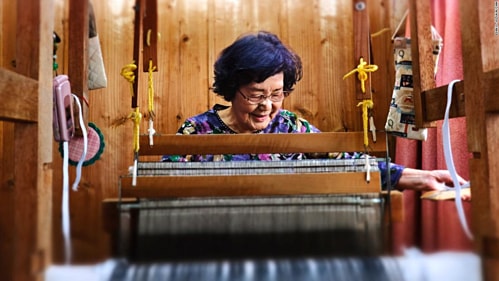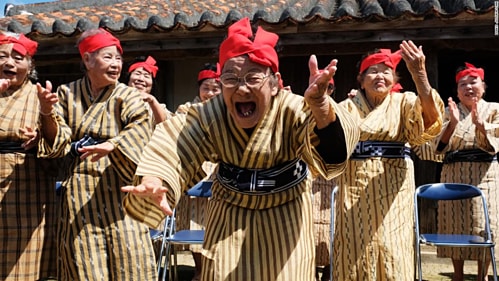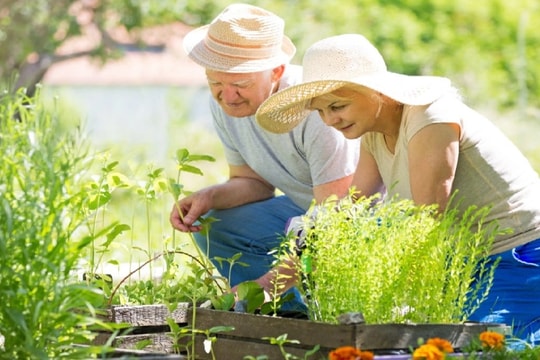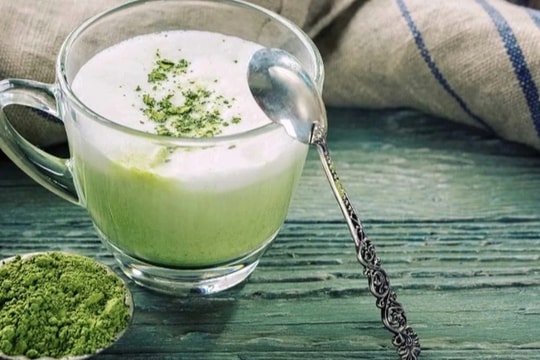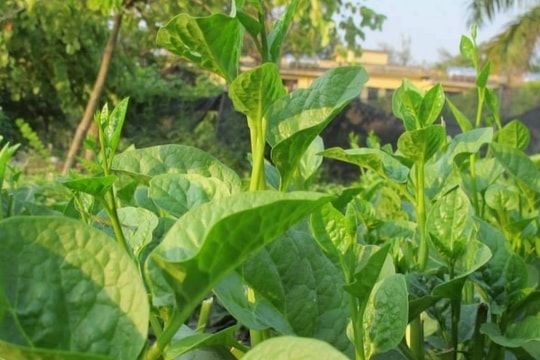Japanese philosophy: If you want to live long, do what you like.
The Ogimi "longevity village" in Okinawa (Japan) has up to 3,000 of the world's longest-living people. They live slowly and happily with nature and friends. They have fewer chronic diseases such as cancer and heart disease, and a lower rate of dementia than average.
How do the people of Ogimi live so long?
Many books have been written to explain this phenomenon, including Dan Buettner's bestseller,The Blue Zones: Lessons for Living Longer From the People Who've Lived the Longestgood bookIkigai: The Japanese Secret to a Long and Happy Lifeby Héctor García and Francesc Miralles.
The answer is probably a combination of many factors such as living simply, owning few possessions, spending a lot of time outdoors, socializing with friends, getting enough sleep, eating lightly and healthily. In particular, it is impossible not to mention the Ikigai philosophy - a concept that represents the distillation of each person's purpose, passion, mission, inclination, and desire to live.
|
Okinawa resident Natsuko Maenaka learns to weave at the age of 84. Photo:CNN. |
The Japanese believe that everyone has an Ikigai. Ask yourself: What do you love? What are you good at? What can you get paid for? What does the world need? When you find the answer to all four questions, that is your Ikigai.
Or you might ask yourself, "Why do you wake up in the morning? Or, what motivates you?".
Therapy is also a way to find your Ikigai. Viktor Frankl, an Austrian psychiatrist and neurologist, created "logotherapy," a treatment that helps patients find their purpose in life.
Less expensive than therapy is asking yourself, "What is the meaning of my life?" and pursuing activities that support that answer. A simpler question is, "What do I enjoy doing most?" Your ikigai may lie in activities that you are completely immersed in and find enjoyable.
Dr. Sanjay Gupta, medical columnist forCNN, suggests another question to find Ikigai: "If money weren't an issue, what would I regret not doing in my life?".
Everyone's ikigai is different. For the villagers of Ogimi, their ikigai is "growing vegetables and cooking for themselves", "meeting friends" and "knitting". Ikigai doesn't have to be lofty or complicated, but mostly it's activities that keep you busy but happy throughout the day.
|
KBG84, a band of seniors over 80 years old in Okinawa, found Ikigai in singing and dancing. Photo:CNN. |
"Most importantly, you cannot and should not blame the environment for living without an Ikigai. After all, finding your own Ikigai is up to you and in your own way," said Ken Mogi, neuroscientist and author ofAwakening Your Ikigai: How the Japanese Wake Up to Joy and Purpose Every Dayspeak.
Living with purpose encourages behaviors that prolong life. According to Mr. Mogi, finding your Ikigai can help you live healthier, exercise more, increase social activities and learn throughout life.
Finding Ikigai is difficult, maintaining your Ikigai is even more difficult. To remind yourself to return to Ikigai, live true to your heart and follow your inner curiosity and intuition. The five points emphasized by Mr. Mogi to persistently pursue Ikigai include: Focus on details, accept yourself, know how to rely on others, enjoy joy and live in the present.
"Within you there is a passion, a unique talent. They give meaning to your life and direct you to share the best part of yourself until the very end," authors García and Miralles say.
Learn, as the great theologian Joseph Campbell wrote, "Follow your joy."

